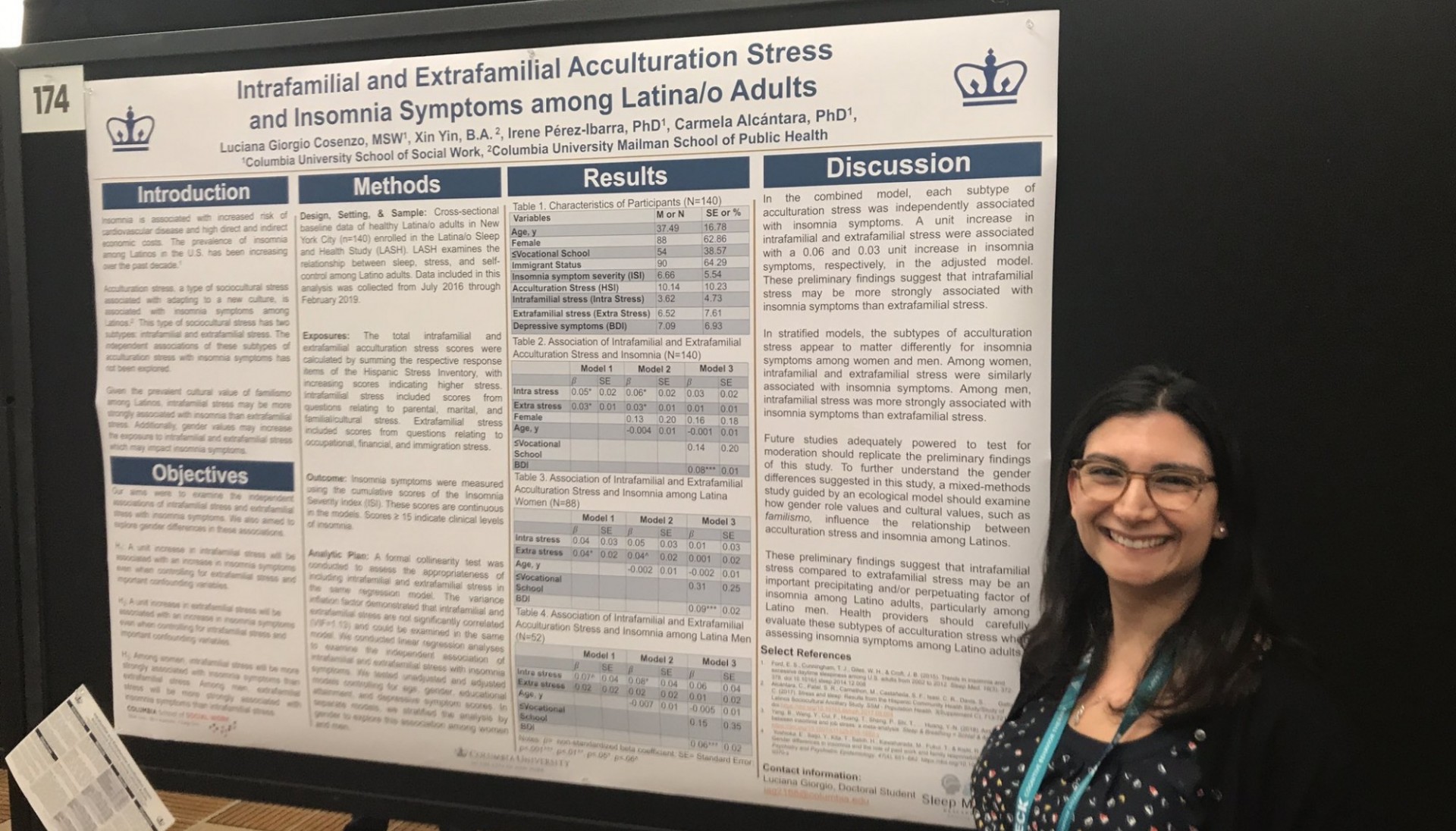What We Do
The Sleep, Mind, & Health Research Program integrates frameworks and methodologies from psychology, public health, social work, and medicine to understand how structural and social factors (e.g., nativity status, socioeconomic status, discrimination stress, neighborhood factors,) affect sleep, mental health, and cardiovascular health particularly in racial/ethnic and immigrant communities. We use quantitative and qualitative methods such as survey methods, in person interviews, and focus groups, as well as objective behavioral assessments that capitalize on recent technological advances, to study human behavior in its context.
The Goal
The primary goal of this research program is to advance health equity by translating epidemiological findings on social determinants of health to the development and rigorous testing of culturally tailored and gender informed behavioral interventions to reduce cardiovascular health disparities.
The work of the Sleep, Mind, & Health Research Program has been funded by the National Heart, Lung, and Blood Institute, the National Institute of Mental Health, the W.K. Kellogg Foundation, the Irving Institute for Clinical and Translational Research at Columbia University, and the Office of the Provost at Columbia University.
Recent Publication
Objective Short Sleep Duration and 24-Hour Blood Pressure
Photos

Luciana Giorgio, doctoral student, presented her work on acculturation stress subtypes, insomnia, and gender among Latina/o Adults at ADAA (March 2019)

Dr. Alcántara leading a symposium on Self-regulation among racial/ethnic minorities (March 2019)

Team at ColombiaFest (November 2018)


